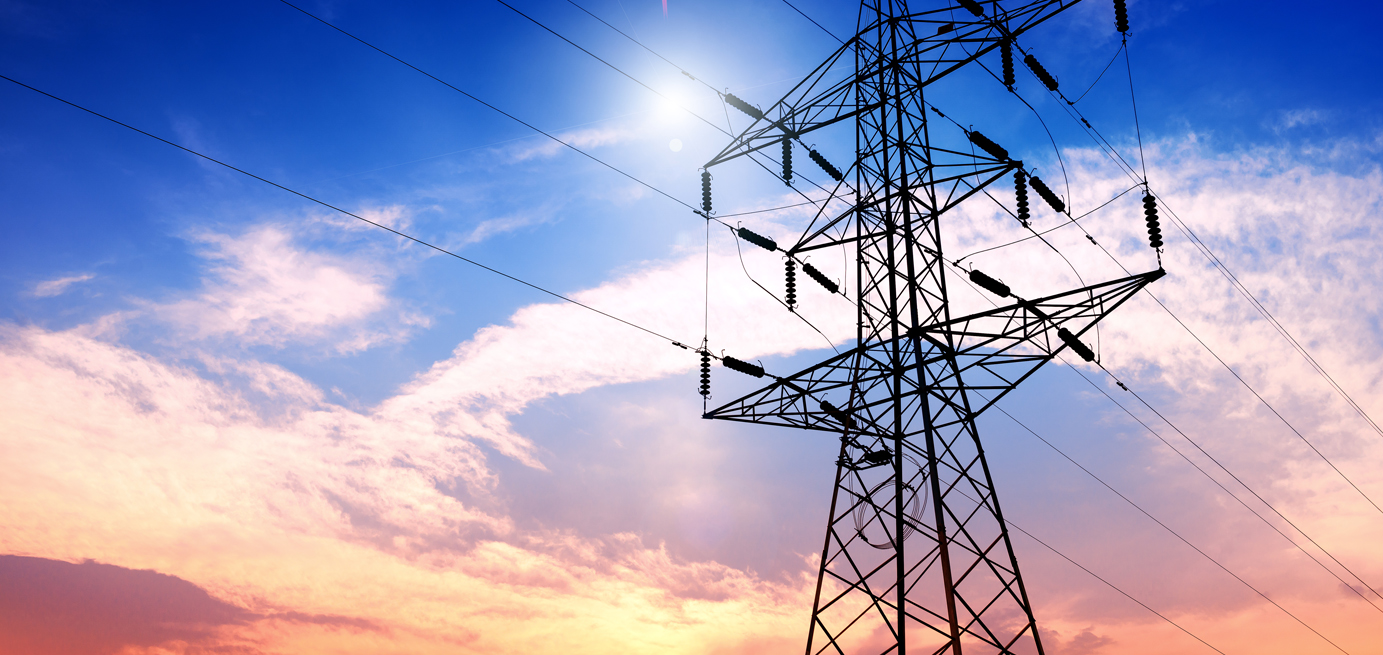By Ben Eguzozie, with wire copy
- as opportunity to seize global moment beckons on Nigeria
- country to reap from $24 trillion if it invests in zero-carbon cities
Africa SDG7 Initiative, recently launched by the United Nations Economic Commission for Africa (UN-ECA) along with like-minded countries, financiers and project developers aimed at delivering 10,000 megawatts of clean energy for the continent by 2025, is wooing Nigeria’s Sovereign Investment Authority (NSIA) to finance the multi-million-dollar project.
NSIA, brimming with current equity of $1.5 billion, and considered among world renowned financiers, would undertake the project along with other national sovereign investment funds, project developers, regional development banks and financial institutions such as DBSA and Africa50, and leading national renewable energy companies.
The new Africa SDG7 Initiative is seen as an initiative to energize climate resilient development in Africa faster, better and cleaner with deployment of 10,000 MW by 2025. It is apparently Africa’s answer to the recently held UN Climate Action summit in New York, convened by Antonio Guterres, secretary general of the world body to drum support for climate action.
Although President Muhammadu Buhari was at the just-ended UN summit, he was not emphatic about Nigeria’s definite action on seizing the moment of global groundswell of opinion on investing in low-carbon measures in its cities, which the Coalition for Urban Transitions (CUT) said would unlock $24 trillion if national governments around the world undertake the project.
For over a decade, Nigeria has yet to move up to the investment phase from its position document of the Reduced Emissions from Deforestation and forest Degradation (the REDD programme) launched in 2008 by the UN, in collaboration with Food and Agriculture Organisation (FAO), United Nations Development Programme (UNDP) and United Nations Environment Programme (UNEP). The REDD programme was an initial credible and deliberate action in creating low-carbon emissions by national governments.
Incidentally, Angola, Namibia and Senegal are among Africa’s first-comer, serious-minded nations to champion the SDG7 Initiative for Africa for the delivery of 10,000 MW of clean energy by 2025. As first-callers, they stand to naturally pick up the lion share of the clean energy capacity when the multi-million-dollar project comes on stream in about half-a-decade’s time.
According to Africa50, a pan-African infrastructure investment platform, the SDG7 Initiative for Africa is aimed at crowding in private sector finance for accelerated clean energy deployment to address Africa’s increasing need for energy, while contributing to climate action through more ambitious nationally determined contributions to climate action (NDCs) under the Paris Agreement.
The initiative is a contribution to the call by the UN secretary-general for various stakeholders with concrete proposals to raise climate action ambition. The Economic Commission for Africa has conceived the SDG7 Initiative for Africa to bring together like-minded group of countries, financiers, and project developers to combine scale, speed and sustainability to crowd-in financing from the private sector to address Africa’s increasing energy needs and contribute to climate action, and also facilitate investments in transmission and distribution infrastructure to link up Africa’s power pools and create a power market to attract investments, supported by regional banks such as DBSA, Africa50 and many others.
Vera Songwe, executive secretary of UN-ECA said energy demand in Africa is increasing due to various factors, including: population growth, a growing middle class, industrialization, trade, urbanization and climate change.
“The current level of private sector engagement in the energy sector in Africa is still very small given the market size, although there have been some significant developments in Ethiopia, Kenya, Morocco, Namibia, Egypt, Senegal, South Africa and Zambia, among others,” she said.
Songwe said, “Africa has abundance of various forms of renewable energy resources, including solar, hydro, wind and geothermal. Our countries need the investments to tap these resources for social and economic development on the continent in line with national development plans and attainment of the aspirations of the African Union’s Agenda 2063 and the UN 2030 Agenda for Sustainable Development.”
Meanwhile, President João Lourenço of Angola, while accepting to champion the initiative, lauded the efforts of the partners to the initiative; noting its innovation and key impact in bringing in much needed private sector finance to support African countries with their energy and climate aspirations while relieving governments from the burden of prioritizing limited public resources for competing needs.
Africa50 chief executive officer, Alain Ebobissé said the body is pleased to support the SDG7 initiative; adding that utilizing the asset-recycling model, private capital and development financing can refinance existing renewable energy assets currently owned by African governments.
“This will free up their capital for reinvestment into new greenfield renewable energy projects. This model can have a catalytic effect on improving sustainable, climate friendly energy access across the continent. Africa needs this now and working together we can make it happen,” Ebobissé said.
SDG7 Initiative experts say favourable factors align to make the investment case for tapping this potential of Africa’s renewable energy, including: low interest rates and availability of capital globally; a history of good returns on investment from projects in Africa; high potential for energy trade; and Africa remains the only region in the world for transformative clean energy deployment.
But blueprint is needed for tapping institutional investors’ financing to transform Africa’s energy future. The initiative aims to do this by addressing a number of issues, including issues of poor governance and weak institutions, lack of enabling policies and regulatory frameworks, poor management and lack of transparency in energy procurement, low bankability of project off-takers as well as limited enforcement of contracts, quality standards and certification.
The first milestone for the initiative is to achieve 10,000 MW of clean energy deployment by 2025.









